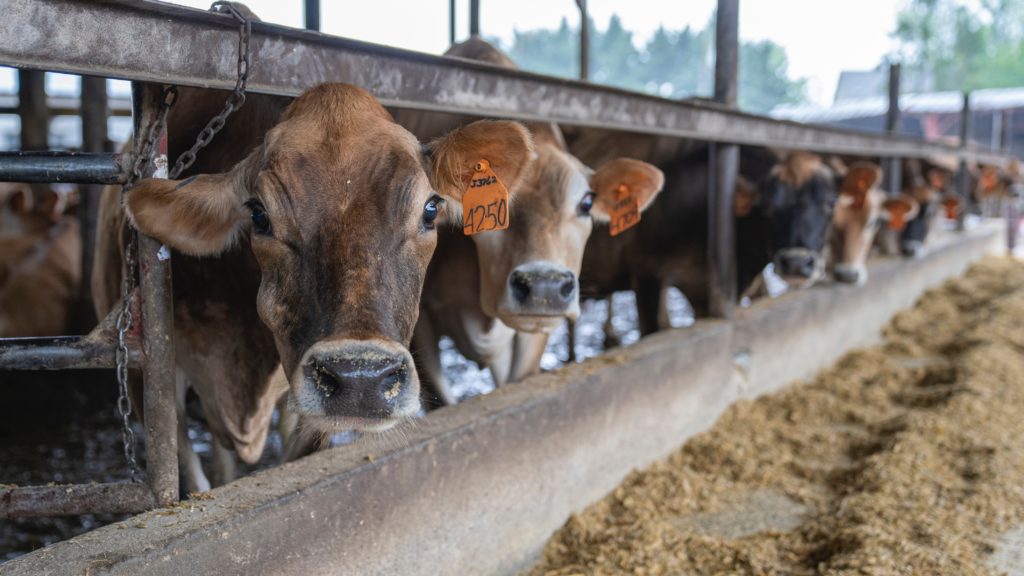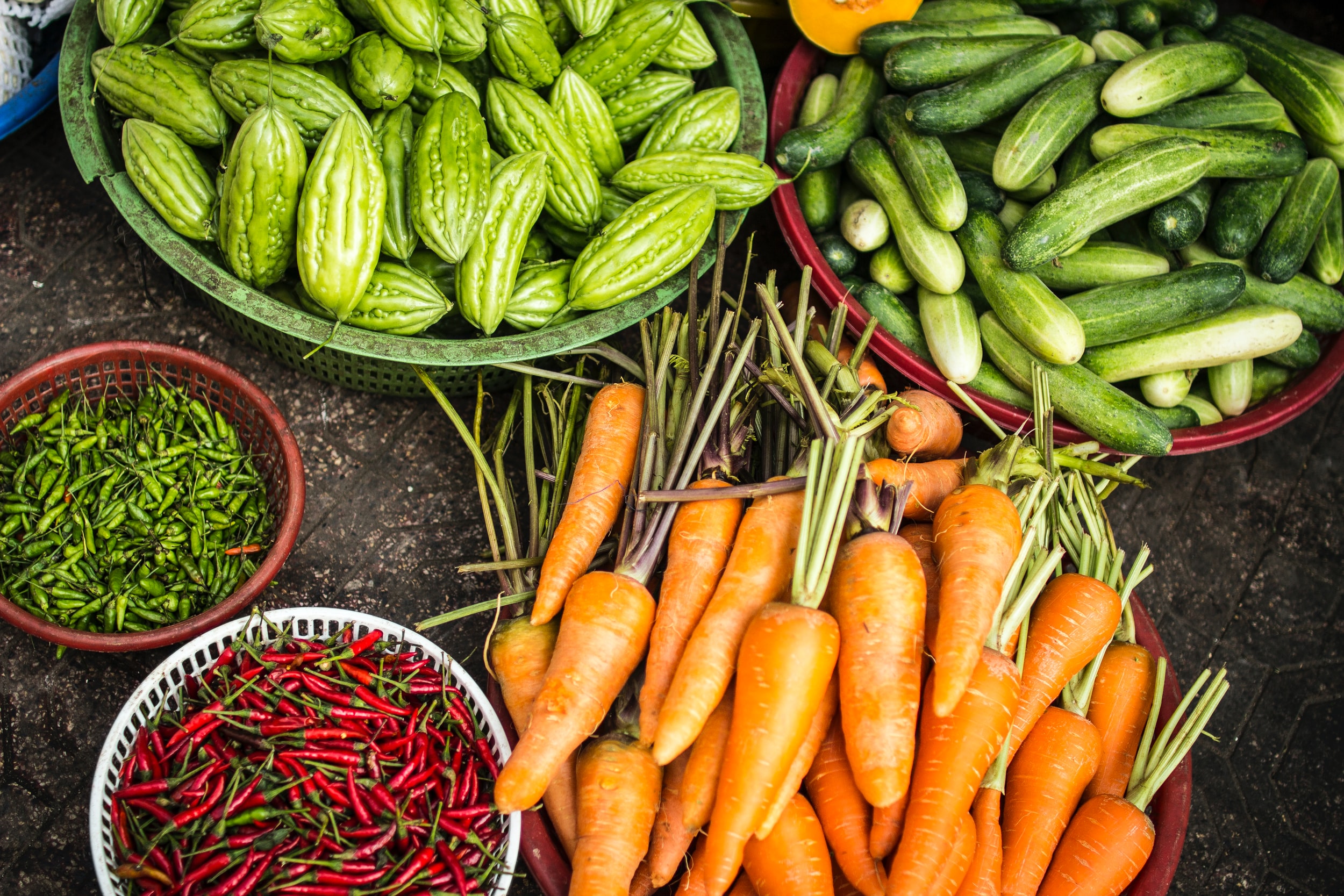3 Mins Read
Veganuary has revealed that the majority of those who took part this year will make permanent changes to their diet.
This year’s event was the biggest on record, with more than 629,000 participants signing up, representing 228 countries. Results from a Veganuary survey highlight a shift in the mindset of a vast majority of those that completed the 31-day challenge.
In the survey findings, more than one-third of non-vegan sign-ups announced plans to remain vegan; 74 percent of those not staying strictly vegan are going to reduce their animal-derived product intake by at least half; 76 percent revealed they are likely or extremely likely to try veganism again in the future, either during a future event or of their own volition.

Breaking down barriers
As a coup for plant-based food producers, 20 percent of all Veganuary participants remaining vegan chose to do so because the challenge was easier than they thought. A further 20 percent cited noticeably improved health as a chief motivation. Common side effects of ditching meat and dairy presented themselves in the forms of clearer skin, better digestion, and positive mood changes.
“These incredible results show that Veganuary is so much more than a one-month pledge as taking part leads to lasting diet change for most participants,” Toni Vernelli, Veganuary’s international head of communications, said in a statement. “With 83 percent of our 2022 participants planning to at least halve their intake of animal products permanently – including 36 percent who plan to stay fully vegan, Veganuary really is driving positive change for the planet, people, and animals.”
Veganuary claims that 2.16 million animals were saved from slaughter during its event this year.
It isn’t just Veganuary that is seeing positive lasting change as a result of a month-long challenge. Dry January, the U.K. campaign designed to encourage 31 days without alcohol, has revealed similarly positive feedback. Asking its participants, 7.9 million in 2022, for feedback after the challenge, it discovered that 70 percent slept better, 86 percent revealed they saved a substantial amount of money, and 65 percent witnessed overall health improvements. It is predicted that more than 70 percent of all participants adapt their alcohol consumption after completing the challenge.

Similarities and systemic changes
Both Veganuary and Dry January promote certain health benefits. Both can lower blood pressure and cholesterol levels, both can reduce diabetes risk, and both reduce cancer likelihood. The benefits of cutting alcohol and animal products are widely promoted but month-long challenges allow enough time to see and feel tangible results, while not feeling like an overwhelming lifestyle change. They are a bit-sized introduction to what could be long-term adaptation if the upsides make it worthwhile.
There is some science involved with a month-long challenge too. 30 days is the length of time it takes to effectively start to form new habits. This accounts for initial motivation waning and slip-ups along the way. Add another 30 and habits become automatic and, potentially lifelong. Completing one-month challenges starts to rewire the brain, while it is focussed on a short-term goal. When the event is over, results are analysed, leading to decisions about stopping or carrying on. This is why challenges like Veganuary and Dry January can lead to full lifestyle overhauls.
Lifestyle changes are being witnessed for animals as well as humans. Participants completing Veganuary have been shown to be more likely to consider swapping their animals to plant-based diets too.
Lead photo by Megan Thomas at Unsplash.





